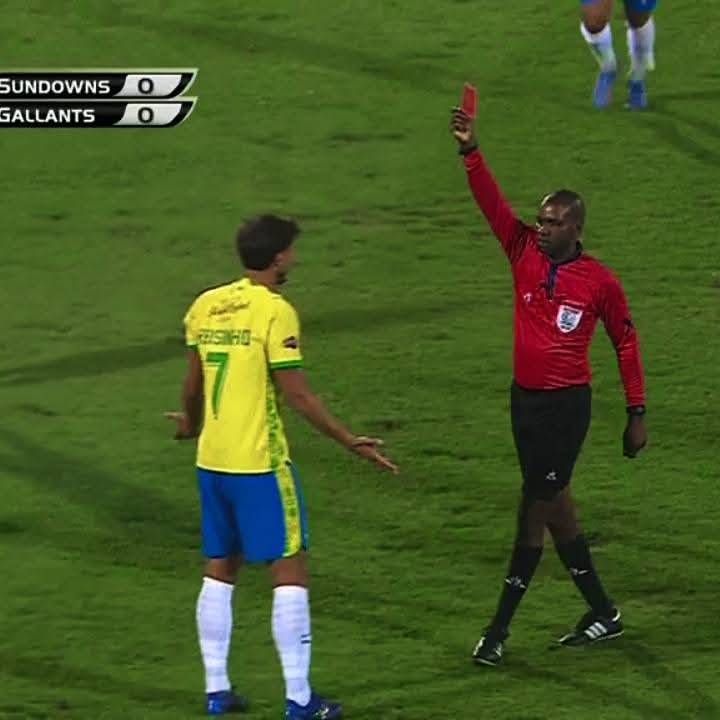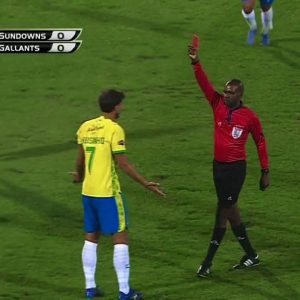David Motsamai, also known as Oom Day, was a legendary figure in South African soccer, politics, and entrepreneurship. As the patron of Orlando Pirates Football Club and a founding member of the National Professional Soccer League, Motsamai helped pioneer non-racial football during apartheid. He also played a secret but vital role in the anti-apartheid struggle, offering shelter to political activists and influencing Nelson Mandela, who later adopted his name as an alias. Motsamai’s legacy lives on as a powerful symbol of black resistance, football excellence, and community resilience in Soweto and beyond.
| Full Name | David Motsamai |
| Nickname | “Oom Day” |
| Date of Birth | July 18, 1910 |
| Place of Birth | Thaba Nchu, Orange Free State (now Free State), South Africa |
| Date of Death | 1988 |
| Place of Residence | Dube Township, Soweto |
| Occupation(s) | Businessman, liquor bootlegger, political activist, Orlando Pirates patron |
| Known For | Patron of Orlando Pirates Football Club, founding member of the National Professional Soccer League (NPSL), anti-apartheid sympathizer, cultural icon of Soweto |
| Contribution to Soccer | – Patron of Orlando Pirates Football Club from 1961 – Played a pivotal role in legitimizing and empowering the club during apartheid – Founding member of the National Professional Soccer League (NPSL) in 1971 – Helped Orlando Pirates become inaugural champions of the NPSL – Supported soccer as a platform for black pride and resistance during racial segregation |
| Impact on Orlando Pirates | – Provided financial backing, community leadership, and moral support – Elevated the club’s prestige in the absence of formal branding or marketing – Encouraged Pirates to serve as a symbol of black excellence and resilience – His legacy remains foundational to the club’s identity in South African soccer history |

| Political Connections | – Allegedly hid ANC members and other activists in a secret underground bunker beneath his house – Known associate and former client of Nelson Mandela – Mandela used the alias “David Motsamai” during his 1962 travels as an MK (Umkhonto we Sizwe) commander—an homage to Oom Day – Lived next to ANC leader Dr. A.B. Xuma’s house (later bought by Dr. Nthato Motlana) |
| Alias Use by Mandela | – In 1962, Mandela assumed the name “David Motsamai” (or “Motsamayi”) on an Ethiopian travel document – Mandela claimed to be from Bechuanaland (now Botswana), mimicking Motsamai’s connections and background – This alias emphasized the deep respect and strategic inspiration Mandela drew from Motsamai |

| Business Activities | – Operated as a liquor bootlegger during apartheid, when black South Africans were banned from selling European liquor – Ran one of South Africa’s most popular black-owned shebeens (informal bars) – Built a hidden bunker under his home to store alcohol and protect political fugitives – His parties and gatherings attracted both black and white patrons—defying apartheid’s laws of racial separation |
| Cultural Influence | – Celebrated as a self-made black entrepreneur and symbol of defiance – His shebeen was a hub for political discussion, cultural exchange, and resistance – Became an icon in Soweto’s social life and political underground |
| Legacy | – Remembered as a multifaceted freedom fighter—through community activism, soccer, and underground support – Helped shape the identity of Orlando Pirates as more than a soccer club: a movement – His life represents the intersection of sport, politics, and black entrepreneurship in apartheid South Africa |
| Interesting Facts | – Both Motsamai and Nelson Mandela were born on July 18 (eight years apart) – Despite being a bootlegger, he was revered by the black elite and the broader Soweto community – Known for generosity, influence, and resistance without reliance on public funds |


















